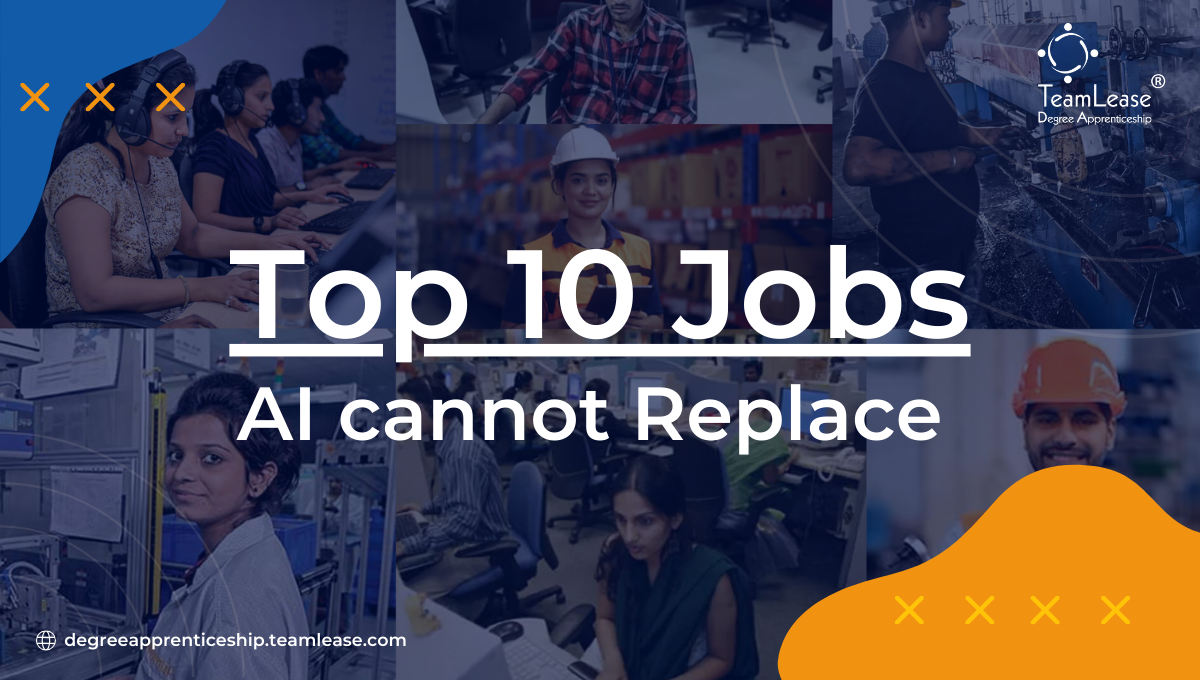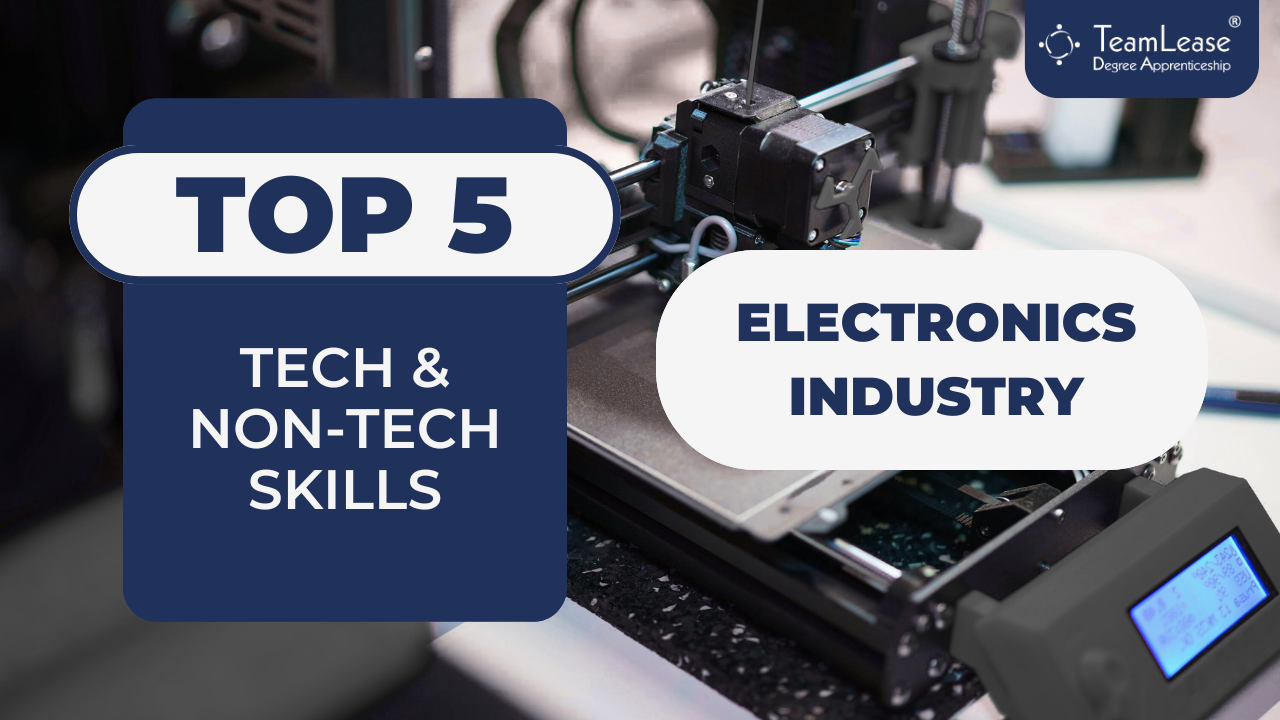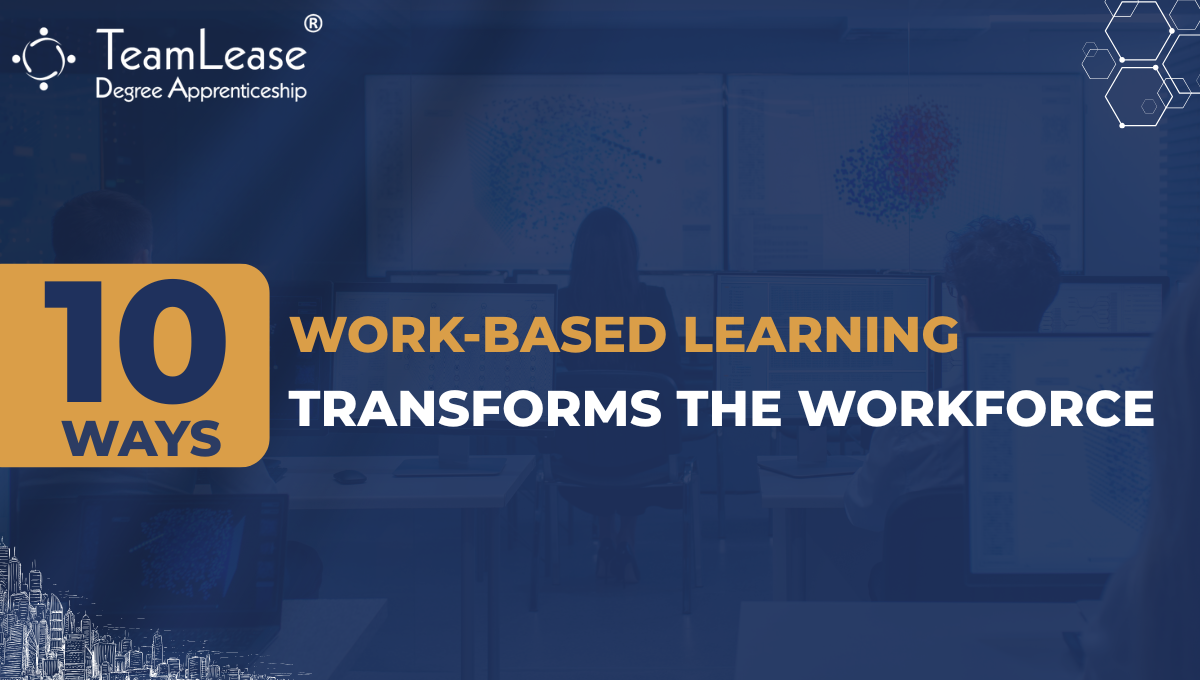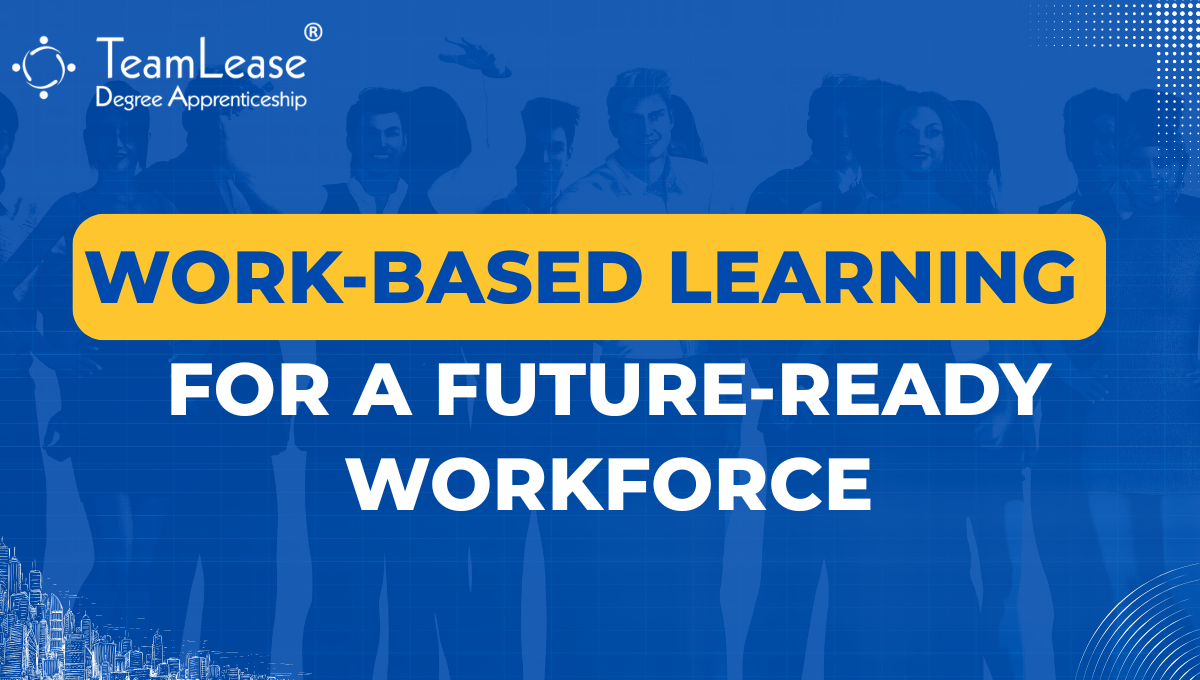Artificial intelligence (AI) is reshaping industries at an unprecedented pace. From revolutionizing manufacturing processes to automating coding tasks, its footprint is evident across sectors. As India aims to become a global leader in AI adoption, its influence will grow even further.
Amid predictions of job displacement, a fascinating narrative is emerging: there are several jobs that AI can’t replace. The World Economic Forum predicts that while AI may eliminate 83 million jobs by 2027, it will also create 69 million new opportunities. This highlights the enduring value of roles that leverage human creativity, emotional intelligence, and adaptability.
Here, we explore the top 10 entry-level jobs that cannot be replaced by AI, showcasing the irreplaceable skills humans bring to the workforce.
1. Prompt Engineers
As the architects of AI-generated outputs, prompt engineers craft and refine the instructions AI follows to deliver meaningful results. Their blend of technical expertise and contextual understanding ensures relevant, reliable outcomes, making this role uniquely human.
2. Quality Engineers and Testers
AI can automate parts of quality testing, but it can’t match the human ability to identify nuances, adapt to unforeseen challenges, and ensure comprehensive reliability checks. These professionals are critical for maintaining product and software excellence.
3. Vocational Teachers
Skilling-focused educators play a pivotal role in industries like automotive, renewable energy, and electronics. Vocational teachers adapt lessons to suit individual learning styles, a level of personalization and empathy AI cannot emulate, making this one of the key jobs that AI can’t replace.
4. Network Engineers
Designing and managing secure, efficient network systems requires strategic planning and quick problem-solving. While AI assists with automation, the nuanced decision-making needed in this field is firmly in the hands of human experts.
5. UI/UX Designers
Creating engaging digital experiences goes beyond data-driven decisions. UI/UX designers tap into human emotions, behavior patterns, and aesthetics to develop intuitive interfaces. AI tools may help, but they can’t replicate the creativity required for this role.
6. Medical Assistants
Medical assistants provide empathetic patient care, perform administrative tasks, and support clinical procedures. Their ability to connect with patients emotionally makes this one of the key jobs that AI can’t replace. Moreover, with medical assistants’ ability to adapt to dynamic healthcare environments keeps this profession safe from automation.
7. Logistics Coordinators
AI optimizes logistics processes, but humans excel at resolving unexpected challenges like delayed shipments or route adjustments. This is one of the jobs that cannot be replaced by AI since logistics coordinators’ problem-solving abilities ensure the smooth functioning of supply chains.
8. Skilled Technicians in Manufacturing
Highly skilled workers in manufacturing and electronics perform intricate tasks requiring physical dexterity and adaptability. From troubleshooting machinery to ensuring precision, their on-the-ground expertise is irreplaceable.
9. Electrical Technicians
Installing, maintaining, and repairing electrical systems demands hands-on expertise and on-site decision-making. Electrical technicians play a crucial role in maintaining safety and operational efficiency, areas where AI falls short.
10. Construction Workers
Construction workers adapt to dynamic environments and prioritize safety while executing complex infrastructure projects. Their ability to handle diverse, unpredictable challenges ensures they remain vital to the industry.
Why will these jobs thrive in an AI-driven World?
Despite AI’s transformative power, it lacks essential human traits like creativity, critical thinking and emotional intelligence. These skills are indispensable for roles requiring nuanced decision-making, adaptability, and empathy. Entry-level jobs that AI can’t replace thrive on the uniqueness of human touch, showcasing the importance of combining technical knowledge with emotional intelligence.
Preparing for the Future of Work
As industries increasingly embrace AI, the workforce must adapt by cultivating skills AI cannot replicate. Skilling remains the cornerstone of a resilient and future-ready workforce. Individuals who invest in developing critical thinking, emotional intelligence, and adaptability will not only remain relevant but also lead innovation in their fields.
AI may transform the workplace, but it will never replace the unique capabilities that make us human. The evolving job market offers immense opportunities for those ready to harness these irreplaceable skills and thrive in an AI-driven future.
The blog is an excerpt from an article published in APN News with insights from our Chief Executive Officer AR Ramesh




No comments yet
Your Comment